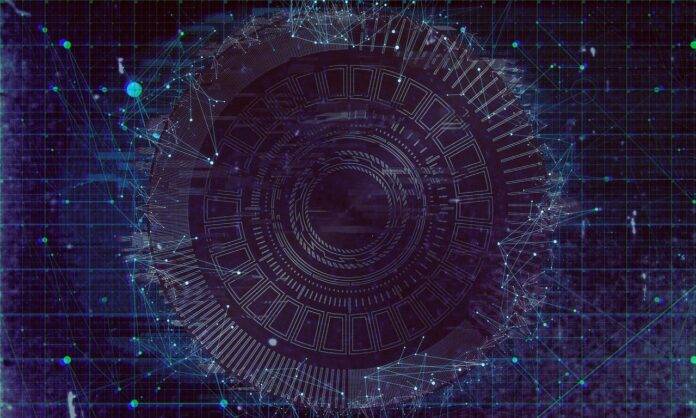In the rapidly evolving landscape of education, a trio of game-changing technologies is reshaping the way we learn, teach, and engage with knowledge. Blockchain, Artificial Intelligence (AI), and the Metaverse are poised to revolutionize traditional educational paradigms, offering unprecedented opportunities for personalized learning, secure credentialing, and immersive virtual experiences. This article delves into how these innovations are converging to create a future of education that is dynamic, interconnected, and accessible to all.
Blockchain: Trust and Transparency in Credentials
Blockchain technology has the potential to revolutionize credentialing and authentication processes. Traditionally, verifying academic achievements and certifications has been time-consuming and prone to fraud. Blockchain’s decentralized and immutable nature offers a secure and transparent way to store, share, and verify academic records. Students can maintain a digital portfolio of their achievements, which institutions and employers can verify instantaneously, ensuring credibility and reducing administrative burdens.
Artificial Intelligence: Personalized Learning at Scale
AI’s transformative role in education lies in its ability to deliver personalized learning experiences. AI-powered algorithms analyze students’ learning patterns, preferences, and strengths, tailoring content and pacing to their individual needs. This enhances engagement, retention, and overall learning outcomes. Moreover, AI can automate administrative tasks, freeing educators to focus on more meaningful interactions with students. Adaptive assessments and instant feedback further refine the learning process, nurturing a more dynamic and effective educational journey.
The Metaverse: Immersive and Collaborative Learning Spaces
The Metaverse represents the convergence of physical and virtual realities. In education, it offers immersive and collaborative learning environments. Imagine history lessons set in ancient civilizations or scientific experiments conducted in virtual labs. Students can interact with peers and instructors in lifelike avatars, fostering engagement and active participation. The Metaverse erases geographical boundaries, enabling global classrooms where diverse perspectives enrich the learning experience.
Synergies and Challenges
The fusion of Blockchain, AI, and the Metaverse holds immense promise, but it also presents challenges. Interoperability is key—integrating these technologies seamlessly requires collaboration between tech developers and educational institutions. Ensuring data privacy and security is paramount, especially as sensitive information is stored and shared. Additionally, addressing the digital divide is crucial; equitable access to these technologies is essential to prevent leaving marginalized communities behind.
Empowering Educators and Learners
As we envision the future of EdTech, it’s important to note that technology doesn’t replace educators; it empowers them. Teachers become mentors, guides, and facilitators of meaningful learning experiences. AI aids in identifying struggling students early, allowing educators to provide timely interventions. Blockchain ensures the veracity of credentials, enhancing educators’ confidence in students’ achievements. The Metaverse amplifies engagement, making classrooms vibrant spaces for exploration and discovery.
Real-world Applications
Several pioneering initiatives are already shaping the future of education. Ava University employs Blockchain to validate students’ transcripts, ensuring integrity in admissions and hiring processes. ScribeSense utilizes AI to provide real-time transcription services, benefiting students with hearing impairments and enhancing note-taking efficiency. In the Metaverse, Embodied Labs offers immersive experiences to medical students, allowing them to understand patients’ perspectives and conditions better.
However, successful integration requires collaboration, ethical considerations, and a commitment to inclusivity. As we navigate this educational revolution, it’s essential to prioritize learners’ needs and empower educators, ensuring that technology remains a tool for enhancing human potential. The classrooms of tomorrow will not only be physical spaces but interconnected hubs of innovation, exploration, and growth.
Link: https://www.analyticsinsight.net/future-of-edtech-blockchain-ai-and-metaverse/?utm_source=pocket_saves
Source: https://www.analyticsinsight.net


















